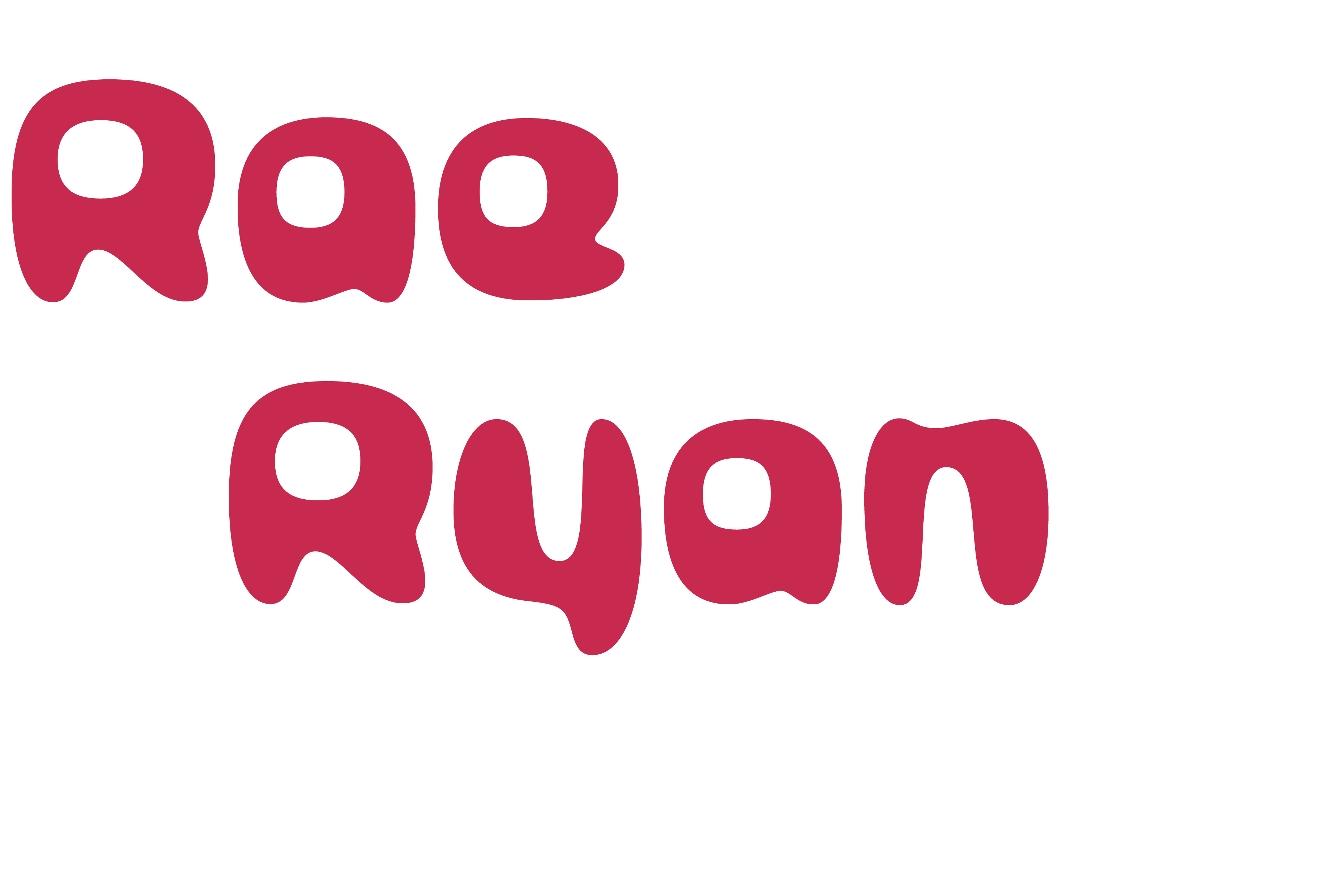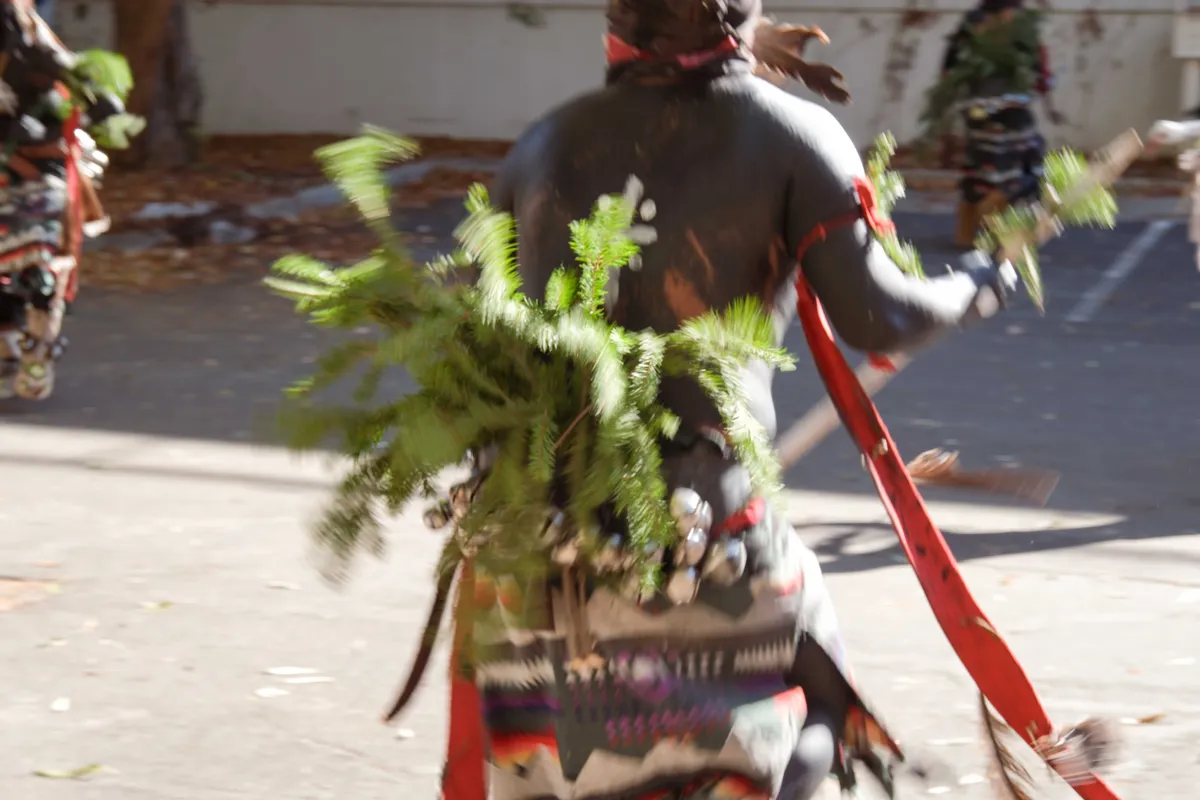P. Djèlí Clark is one of my favorite writers. I fell in love with his short story Ring Shout when it surprised the pants off me in the first few pages, turning my impending dread into pure delight. Then I read A Master of Djinn and my admiration for his work cemented. I’m now reading the rest of his work, which includes several short stories, two novellas, and a new kids’ book called Abeni’s Song.
I just put down his novella, The Black God’s Drums, a 108 page alternate history steampunk fantasy montage that doesn’t sound like it could be compressed into such a short form. Orisha’s and Yoruba magic weaves throughout the story as Creeper, a thirteen-year-old New Orleans native, overhears a plan to attack her beloved city, a free nation surrounded by lands owned by Russia to the west, and the Confederacy and the Union to the north in a fractured version of 1880s United States. Creeper with the help of airship captain Ann-Marie, a no-nonsense queer character I want to meet in real life, needs to track down the culprit and save her city. There was a delightful nod to Nalo Hopkinson in the name of Ann-Marie’s airship, the Midnight Robber.
Clark writes dialect and mixed dialect at that, that flows in both dialogue and prose. As a first-person point-of-view, Creeper thinks in her own dialect, which is a mix of Creole, Caribbean, Cajun, and Southern accents according to other sources, because I’m no expert. It plunges the reader deep into her perspective right off the bat, a necessity in a novella covering extensive ground. It could easily overpower the work or make it difficult to read, but his word choice is exceptionally well-timed. Other characters speak with a Haitian or Scottish or Afrikin (which I think is fictional) dialect, and he braids them all together seamlessly.
Novellas and other short forms require different skills than book-length works. Exercising restraint and careful word choice are integral to an interesting novella. Pared down to its bones, the story itself is straightforward with a singular, uncomplicated goal made rich through setting, character, and language. I’ve had demoralizing conversations with a few authors who write short form works, scoffing at my desire to dip my toes into the water as someone who’s only written book-length works. I offer my two middle fingers to anyone so pompous as to dissuade anyone from writing anything—with a few caveats for people intending to do harm.
Practicing telling a story with brevity is an excellent exercise to strengthen our writing at the sentence level. What we leave out is just as important as what we leave in. Reading and studying The Black God’s Drums can help you pare down your own writing to reveal what lies at the core of your work, especially in genre fiction. If you’re new to writing, short fiction is a good place to start and there are many magazines accepting submissions for short stories. Before writing his full-length novel, A Master of Djinn, Clark wrote numerous novellas, novelettes, and short stories, some of which created the foundation for his novel.
I highly recommend this read. I like to read novellas in between longer works. It does something to my brain along the lines of a reset button. Check it out, tell me what you think.
/rae/



